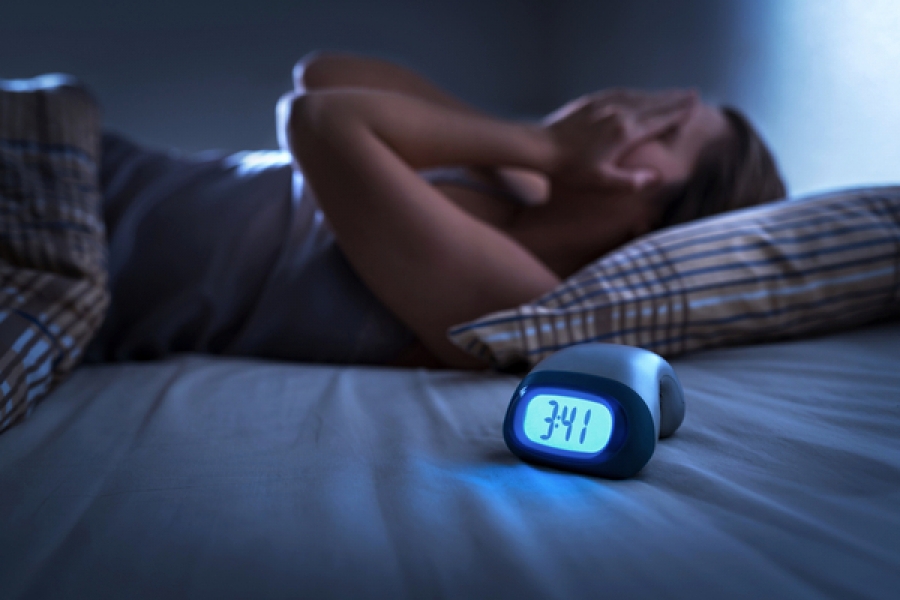1 in 4 people in the United States experiences acute insomnia every year. Most will recover without consistent poor sleep, but 25% of those people will develop chronic insomnia. Lack of quality sleep can take a huge toll on your brain and body. If you’re seeking treatment for better sleep, neurofeedback for insomnia could be just what you need.
What is neurofeedback?
Neurofeedback is a type of biofeedback that uses monitoring devices to provide real-time feedback of brainwaves to teach the self-regulation of your brain function. During a neurofeedback treatment session, you will be connected to electrical sensors that deliver information about your brainwave frequencies. This type of instantaneous feedback helps you make subtle changes in your body that will promote better sleep.
Neurofeedback is a preferred treatment option for those who suffer from insomnia because:
- It’s a noninvasive therapy
- There are no side effects
- It treats the source of the problem rather than just the symptoms
- It can reduce or even eliminate the need for medication
- It helps people feel more in control of their health
What happens when you don’t get enough sleep?
Most people need between 7-8 hours of sleep per night for their brains and bodies to fully rest and restore. But what happens if we don’t get that amount of sleep? Sleep deprivation can wreak havoc on your physical, emotional, and mental well-being. Even one night without enough sleep can lead to exhaustion, irritability, and difficulty concentrating. When this kind of insomnia occurs on a regular basis, it can lead to further health problems including poor balance, low sex drive, mental health disorders, high blood pressure, weakened immunity, weight gain, diabetes, and even heart disease.
How does neurofeedback support better sleep?
Neurofeedback can help improve your sleep by effectively identifying brainwave imbalances that could be contributing to your insomnia or inability to sleep. By retraining your brain and creating new pathways in the areas that are affected by insomnia, your brain is rewarded through neurofeedback to create more optimal patterns. As your brain learns these new responses, new patterns develop that lead to long-term changes in brainwave function, thus allowing you to sleep better for longer.
To dive a little deeper, research suggests that neurofeedback works by promoting the increase of sleep spinal density and effectively stabilizing the part of the central nervous system which regulates sleep and wakefulness.
Unlike medications that tend to treat the symptoms, neurofeedback is effective in identifying and treating the source of the problem so you can get long-lasting relief.
What else can you do to improve sleep?
In addition to neurofeedback, it’s worth talking to your healthcare provider about medication options. A number of lifestyle changes can also promote better sleep including:
- Establishing and following a sleep routine; going to bed and getting up the same time every day
- Limiting caffeine, alcohol, and sugar consumption
- Avoiding blue light from your phone, TV, or computer before bed
- Use your bed solely for sleep; don’t work, read, watch tv, or browse on your phone while in it
Learn more about neurofeedback for insomnia and other sleep disorders
If you’re struggling with insomnia, fatigue, or other sleep disorders, reach out to us at Braincode Centers. We offer remote and in-person neurofeedback in Denver and Dallas and our certified clinicians are committed to making a powerful, positive impact on your ability to sleep.
Learn more about neurofeedback for insomnia by scheduling your free consultation today.

